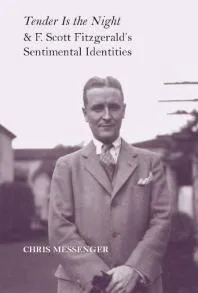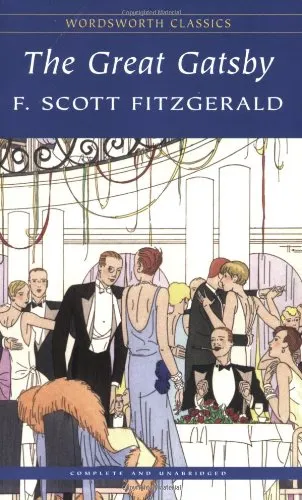Support Refhub: Together for Knowledge and Culture
Dear friends,
As you know, Refhub.ir has always been a valuable resource for accessing free and legal books, striving to make knowledge and culture available to everyone. However, due to the current situation and the ongoing war between Iran and Israel, we are facing significant challenges in maintaining our infrastructure and services.
Unfortunately, with the onset of this conflict, our revenue streams have been severely impacted, and we can no longer cover the costs of servers, developers, and storage space. We need your support to continue our activities and develop a free and efficient AI-powered e-reader for you.
To overcome this crisis, we need to raise approximately $5,000. Every user can help us with a minimum of just $1. If we are unable to gather this amount within the next two months, we will be forced to shut down our servers permanently.
Your contributions can make a significant difference in helping us get through this difficult time and continue to serve you. Your support means the world to us, and every donation, big or small, can have a significant impact on our ability to continue our mission.
You can help us through the cryptocurrency payment gateway available on our website. Every step you take is a step towards expanding knowledge and culture.
Thank you so much for your support,
The Refhub Team
Donate NowTender Is the Night and F. Scott Fitzgerald's Sentimental Identities
4.6
Reviews from our users

You Can Ask your questions from this book's AI after Login
Each download or ask from book AI costs 2 points. To earn more free points, please visit the Points Guide Page and complete some valuable actions.Related Refrences:
Free Direct Download
Get Free Access to Download this and other Thousands of Books (Join Now)
For read this book you need PDF Reader Software like Foxit Reader



